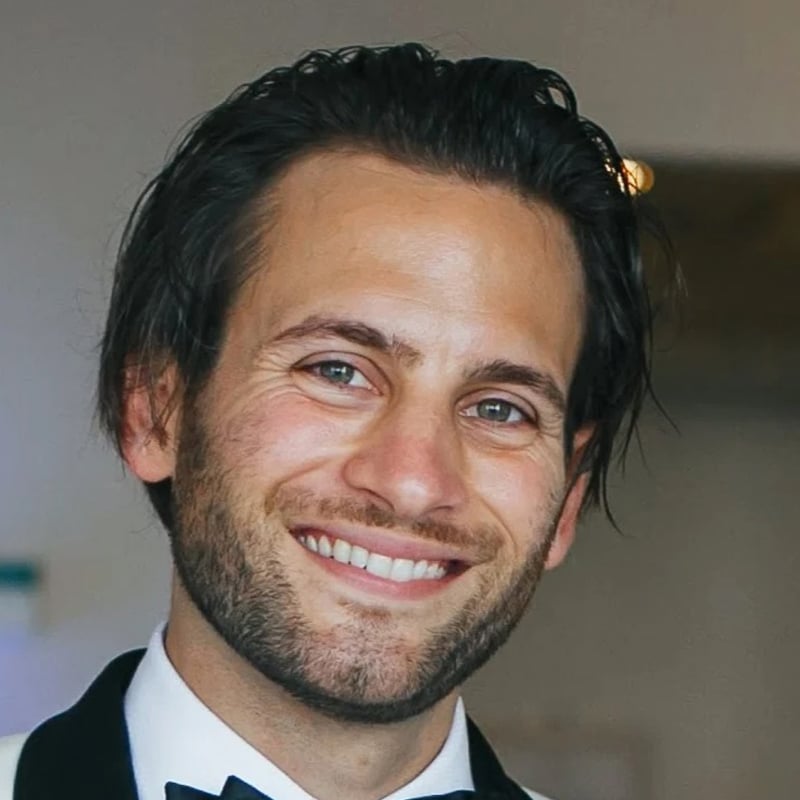Watergate journalist Bob Woodward regaled the crowd on Tuesday at the Direct Marketing Days in New York luncheon, not with reminiscences of his role in the fall of the Nixon presidency, but with his thoughts on the life and times of George W. Bush.
“Bush at War” is Woodward’s most recent book (his ninth). He said he started his research not knowing what the theme would be, at the beginning of Bush’s term as the president toured the nation touting his tax plan.
Waiting to speak to Bush after one of these tax speeches, Woodward said he recalled: “I had last seen him when he was governor of Texas and he had yelled across the room at me, ‘Woodward! Stay the hell out of Texas!'”
As president, though, he was more amiable to Woodward and as they chatted after the speech, Bush suddenly grabbed the journalist by his head and bestowed a new nickname on him, “Oh, Woody!” he said.
Sept. 11 changed everything.
“A president must define the next stage of good for the country,” Woodward said. “9/11 defined the Bush presidency. On 9/11, Bush saw that the next stage of good was fighting terrorism.”
Of course, Bush knew about the danger from Osama bin Laden because he’d been briefed before his inauguration by the Central Intelligence Agency not only on that topic but the issues surrounding China and the proliferation of weapons of mass destruction.
Some presidents would have formed working groups within his Administration to study these threats and devise solutions. What did Bush do?
“Essentially nothing,” Woodward said.
In gathering research for the book, Woodward asked the president about his decision to do nothing.
“Bush said, ‘I admit it. We had no action plan.'”
The result of that policy failure is the war in Iraq, Woodward said.
When Woodward asked Administration figures what they learned from 9/11, they said: To react before something happened.
“They said, look, Saddam Hussein is an industrial strength package of mental disorders” and there is a good chance he has weapons of mass destruction. We have to act.
Woodward’s bottom line on Bush? “I don’t know if we’re on the right track in our foreign policy, but I think it’s quite gutsy,” he said.
The point is that Bush learned from his experience early in his term, Woodward said.
What about the nation after 9/11?
Nixon’s last speech from the White House the day after he had resigned was “a moment of clarity and rawness,” Woodward recalled.
“Nixon said, ‘Always remember, others may hate you but they don’t win unless you hate them back. Then you destroy yourself.'”
After a presidency marked by revenge and hatred, “at the moment he resigned, Nixon realized the self-destructive power of hate,” Woodward said.
As Woodward travels around the country, he said he witnesses many emotions from Americans: bewilderment, grief, consternation, uncertainty, “but the emotion you don’t hear is hate.”
“Probably this nation’s greatest strength is we are not a nation of haters,” Woodward said. “What Nixon showed us is hate destroys you.”
 Network
Network

